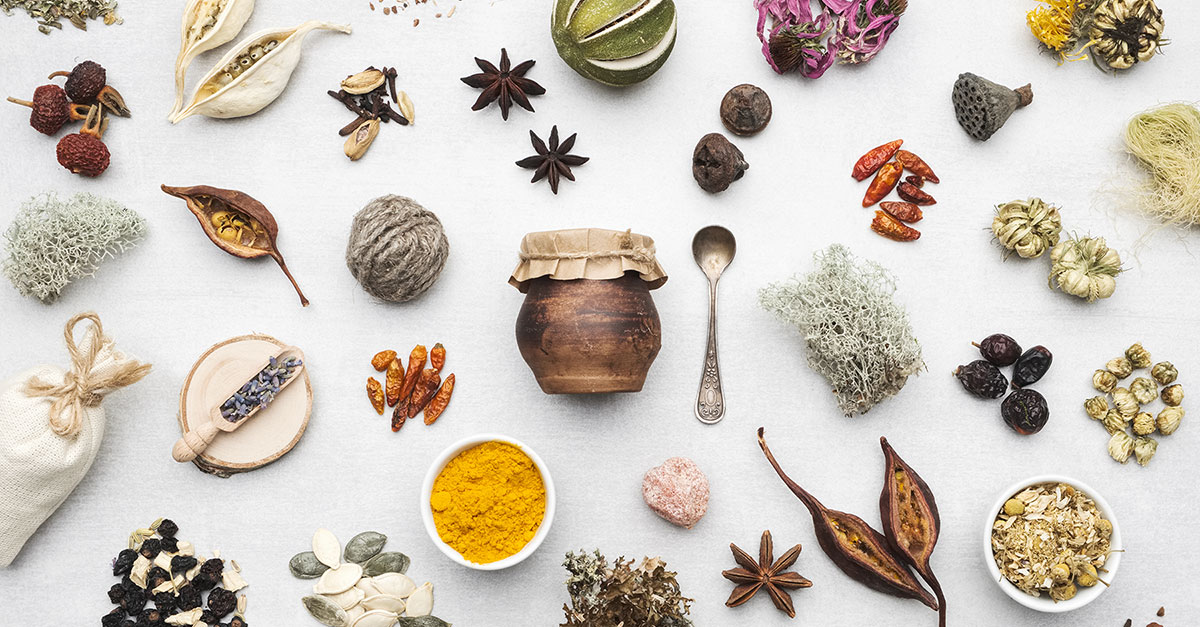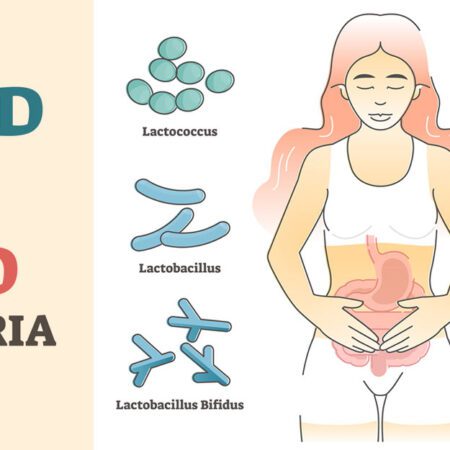Homemade Healing with Salves & Poultices

Natural Remedies for Everyday Ailments
If you’ve ever rubbed aloe vera on a cut or applied moist tea bags to sun-burnt skin, you understand the benefits of salves and poultices.
For thousands of years, people have used these natural remedies to ease a wide range of health concerns for both humans and animals. Indeed, they are one of the earliest forms of medicine.
By combining healing herbs, plants, or essential oils with cohesive ingredients such as clay, bread, or beeswax, these all-natural remedies help ease pain, reduce inflammation, soothe congestion, fight infection, and draw out harmful substances.
Poultices and salves are used externally, on the skin, to tend to a wide range of health concerns including:
- Wounds and cuts
- Abscesses and boils
- Bunions
- Splinters
- Chilblains
- Styes
- Menstrual cramps
- Bruises
- Sprains or strains
- Infections
- Cysts
- Arthritis
This list is not exhaustive. There are hundreds of health concerns that can be soothed with these homemade healing tools. Here’s more on each of these all-natural remedies:
Poultices
A traditional poultice is made by combining an infusion of healing herbs or plants with binding agents such as baking soda and water to form a paste. This material is applied directly to the affected area so that the beneficial compounds can penetrate the skin tissue and help draw out harmful substances.
There are many herbs and plants that can be used alone or in combination to make a poultice, e.g., calendula, eucalyptus, dandelion, turmeric, ginger, cat’s claw, and lavender. Many common household ingredients can be used to make the paste (or base) for your poultice, e.g., bread, baking soda, milk, coconut oil, aloe vera, and Epsom salt.
If you have sensitive skin or the ingredients being used are highly potent, the paste can be placed inside a cloth bag or sock to protect the skin. Pieces of cloth, gauze, or muslin may be used to hold the moist mass in place.
Poultices can be applied cold (also called a compress) or with heat, depending on the ailment being addressed and the ingredients being used to address it. Heat increases blood flow, promoting circulation and bringing fresh nutrients and oxygen to the affected area. (Heat should be warm, not hot, as you don’t want to burn the skin.) Cold application is best for calming inflammation, such as occurs with skin irritations, insect bites, or sunburn.
The amount of time you leave the poultice on the skin will depend on the specific health concern, the herbs being used, and the skin’s response. Anywhere from 20 minutes up to one hour may be needed.
Salves
A salve combines an infusion of healing herbs and plants with oils or waxes to create a semi-solid material. A salve can be the consistency of a cream, ointment, or balm, depending on the type and amount of each ingredient.
There are a wide range of herbs and plants that can be used to make salves, including arnica, lemon balm, lavender, comfrey, and peppermint. Herbs such as these are combined with waxes such as beeswax or oils such as olive, coconut, sweet almond, sunflower, and apricot. Each of these herbs and oils has different properties that can be beneficial for the skin in different ways, so it’s important to choose ingredients that are appropriate for your specific ailment or skin care needs.
Salves are applied directly on the skin and can be used for a variety of purposes. These include soothing dry skin, easing muscle ache, reducing bruising, as an antimicrobial agent, and more.
Home Remedy Advice
Poultices and salves can be effective healing tools. However, they may cause adverse reactions, particularly for people with sensitive skin. Always test a small area of skin with the mixture you’ve made before applying the poultice or salve. Also, be careful about applying any home remedy to an open wound. Make sure you use clean cloths and seek advice if the wound appears to be infected.
As with all homemade remedies, it’s a good idea to begin your self-care journey with some expert advice to be sure you are using the safest, most effective ingredients in the best way possible. The team at Nature’s Link Wellness Center can help. Led by board certified Naturopathic Doctor and Master Herbalist Dr. Kristine Devillier, N.D., we can recommend appropriate natural ingredients for specific health concern and guide you through the process of creating and using your own home remedies.
Here is an example of one of our favorites:
Deep Clarifying and Detox Salve or Poultice
Contact Us!
At Nature’s Link Wellness Center, we believe in healing the body naturally, without the use of medications or invasive treatments. Natural health consultations in Breaux Bridge, Louisiana focus on improving your health with natural remedies that are tailored to your individual needs, lifestyle, and goals. To find out more about poultices and salves in Breaux Bridge, Lafayette, and the entire Acadiana area, call 337-332-2705 or reach us online.




